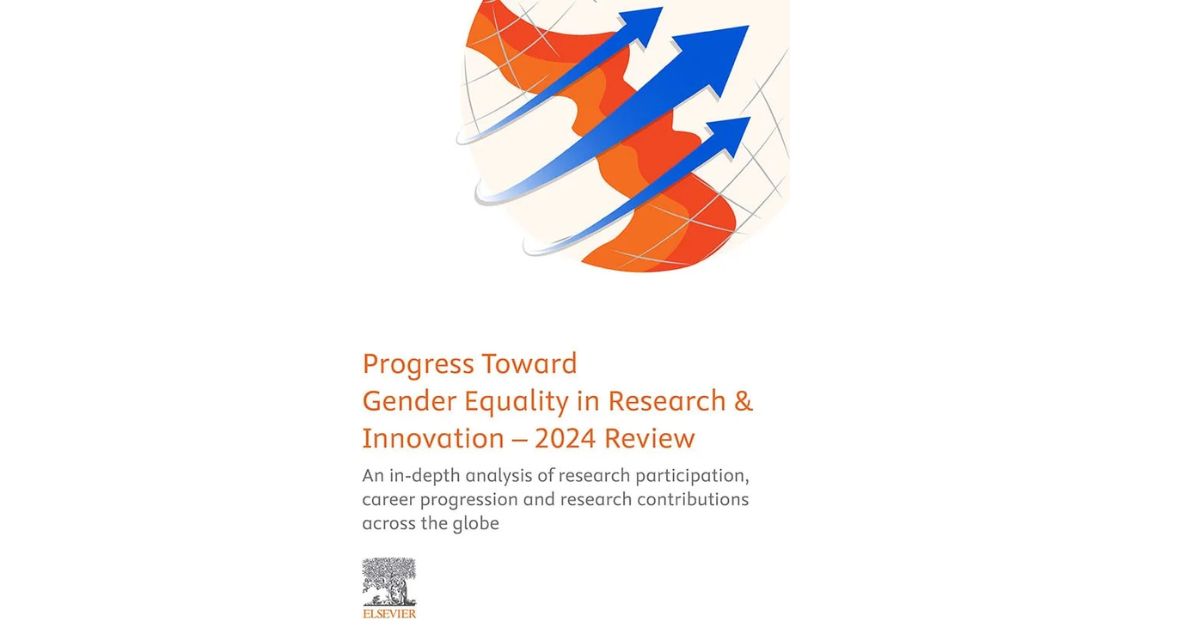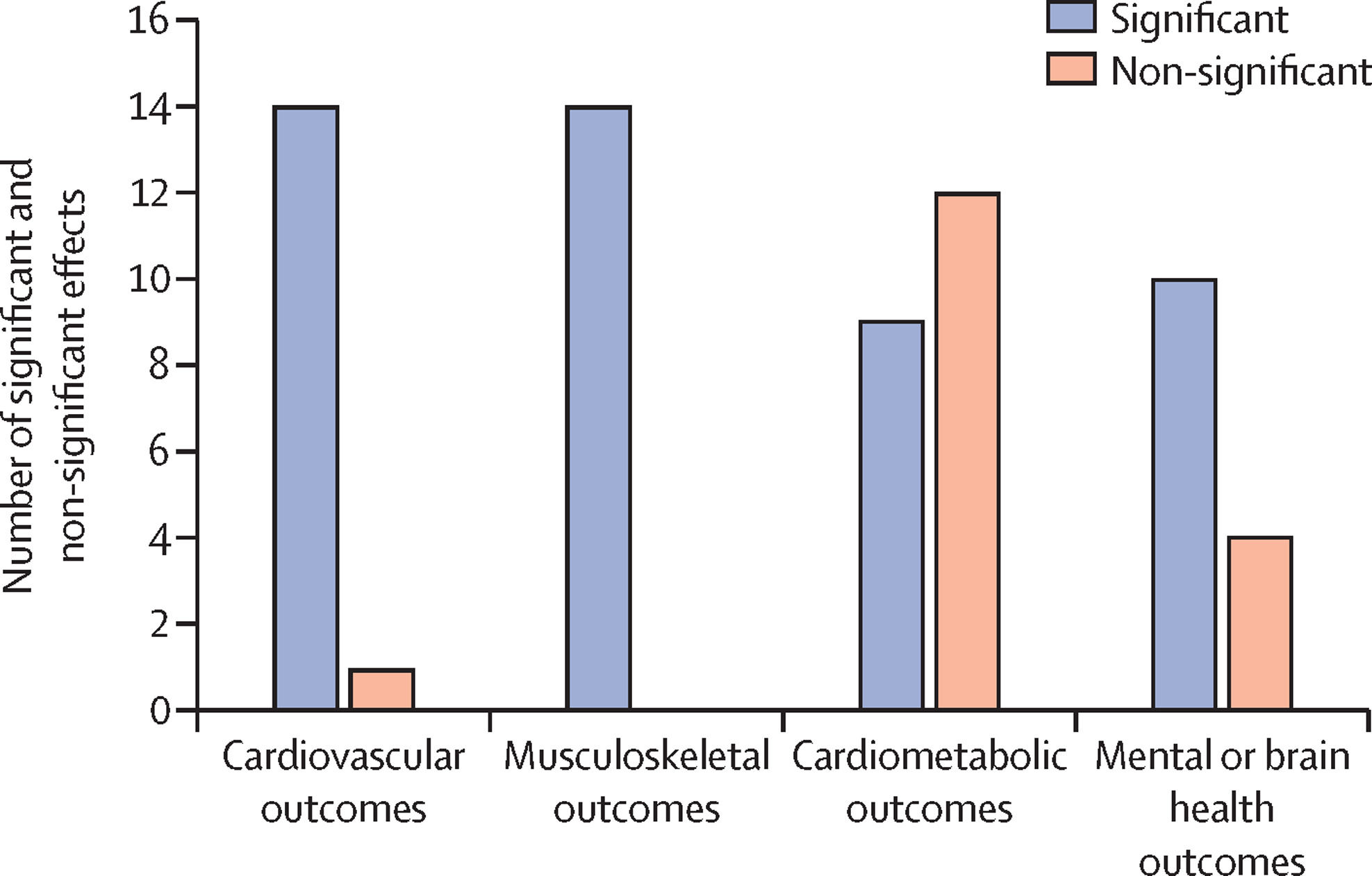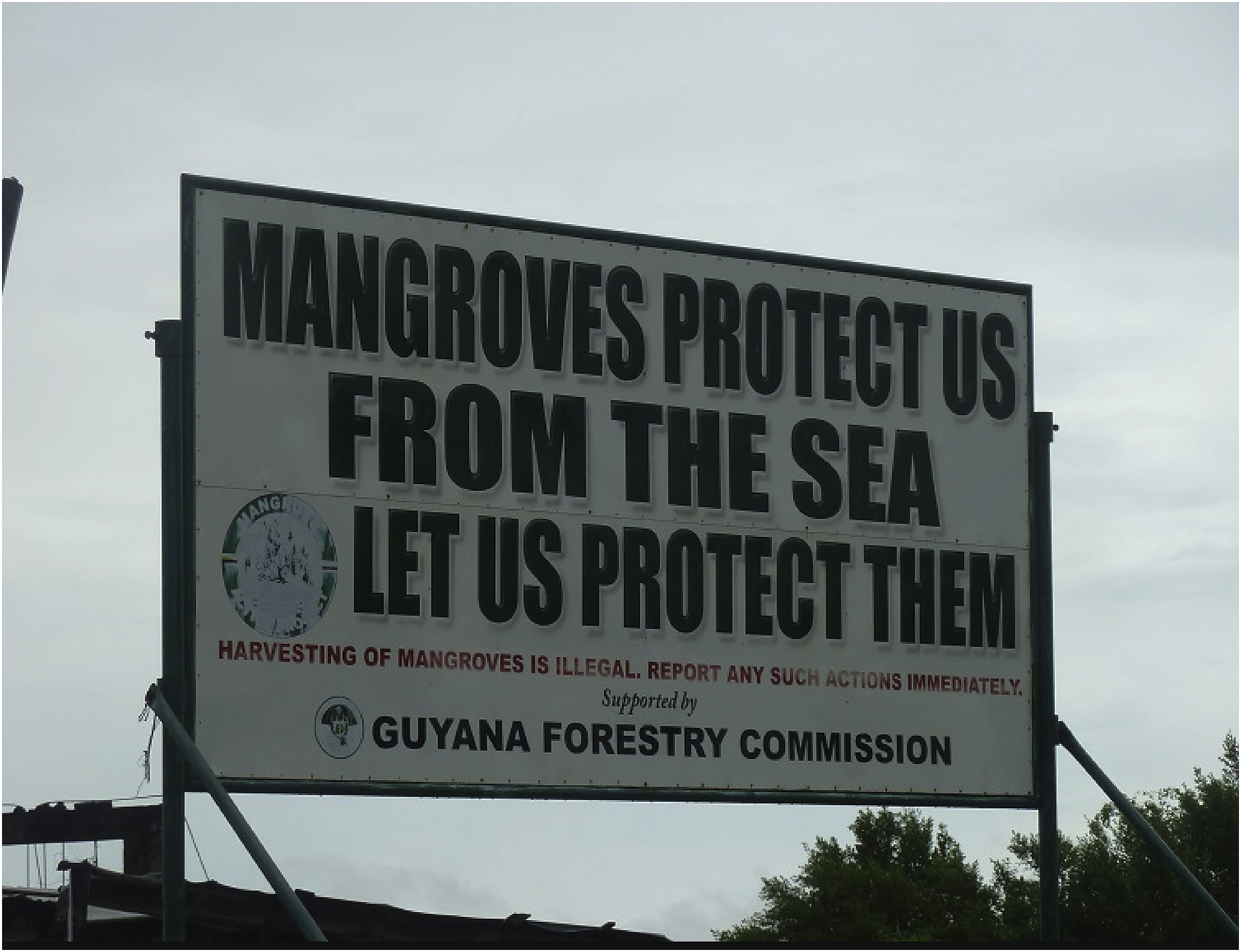A global perspective, encompassing an understanding of worldwide interconnections and a commitment to international collaboration, is essential to the achievement of the Sustainable Development Goals (SDGs). As the SDGs address global challenges like poverty (SDG 1), inequality (SDG 10), climate change (SDG 13), and peace and justice (SDG 16), they necessitate an approach that transcends national borders and considers the shared interests of humanity. A global perspective is integral to SDG 17 (Partnerships for the Goals), which emphasizes the need for international cooperation, shared responsibility, and global partnerships. Furthermore, it enhances SDG 4 (Quality Education), as educating global citizens equips individuals with the understanding and skills to contribute effectively to these goals. Finally, a global perspective encourages sustainable consumption and production patterns (SDG 12), acknowledging the interconnectedness of global supply chains and the impacts of our choices on people and planet worldwide.
Elsevier's 2024 Gender Equality Study Reveals 20 Years Of Progress, But Challenges Remain For Women in Research And Innovation
Approximately 1·5 billion people worldwide live with a physical, mental, sensory, or intellectual disability, about 80% of which are in low-income and middle-income countries. This Series paper provides a global overview of the prevalence, benefits, and promotion policies for physical activity for people living with disabilities (PLWD). PLWD are 16–62% less likely to meet physical activity guidelines and are at higher risk of serious health problems related to inactivity than people without disabilities.
Building on the Innocenti Framework on Food Systems for Children and Adolescents, this paper describes the significance of a food systems approach to improving children's diets. It summarizes the key learnings on effective intervention design from the papers in this special issue, focusing on the determinants in the framework: food supply chains, food environments, and behaviors of caregivers, children and adolescents. It lays out relevant policy and programmatic implications and organizes these according to the Nuffield ladder of public policy interventions.
The new 2030 sustainable development agenda is likely to dominate policy and academic debates at both national and international levels over next 15 years and beyond. It is, therefore, a crucial time to critically reflect how the SDGs are likely to shape - and be shaped by - the wider research community. Each peer-reviewed paper will address the common question of: “how is the SDG agenda influencing scholarly debates in different research areas, and vice-versa?”.
Air pollution and climate change are key global challenges for cities and both have large impacts on human health and economic development. Although there are many long term opportunities to address these issues with integrated policies, the immediate needs of addressing air pollution and climate change mitigation are not the same for all countries in the short run.
Mangrove forests provide critical services around the globe to both human populations and the ecosystems they occupy. However, losses of mangrove habitat of more than 50% have been recorded in some parts of the world, and these losses are largely attributable to human activities. The importance of mangroves and the threats to their persistence have long been recognized, leading to actions taken locally, by national governments, and through international agreements for their protection. In this review, we explore the status of mangrove forests as well as efforts to protect them.



